Why Won't Your Cat Eat When Seemingly Hungry?
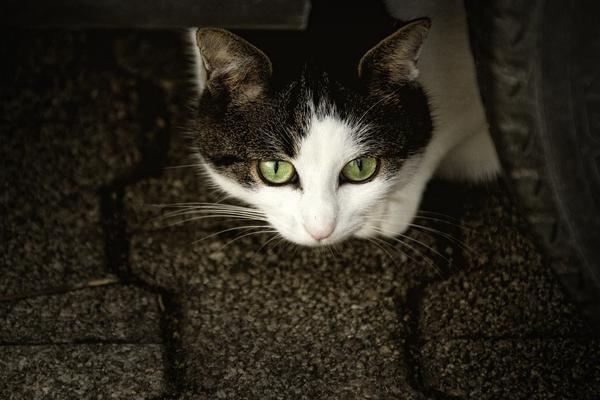
Listen up, frustrated cat owners!
You know that feeling when your fur baby is pawing at their empty food bowl, begging for a meal, but turns up their nose at every morsel you offer? 😿
It's like a slap in the face, isn't it?
Well, buckle up, because the consequences of not figuring out why your cat seems hungry but won't eat will leave you questioning your feline parenting skills and wondering if you're even cut out for this.
But fear not, because in this guide, I'm about to drop some wisdom bombs that will have your cat chowing down like there's no tomorrow.
Let's put an end to this kitty hunger strike, shall we?
Let's dig in.
Reasons Why Your Cat Seems Hungry But Won't Eat
If your cat looks hungry but won't eat, here are 10 reasons why it might be happening and what you can do about it:
- Check their feeding schedule to see if it needs adjustment.
- Make sure their meals align with their natural instincts and preferences so they're more likely to eat.
- Look for signs of sickness or any medical issues that could be affecting their appetite.
- Ensure the food isn't spoiled, as cats can be quite particular about freshness.
- Keep an eye out for indicators of stress or anxiety, which might be causing them to lose their appetite.
- Consider whether your cat is just being picky and holding out for something they find tastier.
- Evaluate their oral health for any dental problems that might make eating uncomfortable.
- Find out if there's an underlying medical condition that's affecting their appetite and address it accordingly.
- Be aware of any recent changes in their environment or routine, as this can impact their eating habits.
- Monitor their weight and overall behavior to catch any potential issues early on.
Cats have a sixth sense when it comes to what their bodies need. If they sense their diet lacks proper nutrition, they might refuse to eat until it becomes necessary. However, it's always best to consult with your veterinarian to rule out any serious concerns.
They'll give you the most accurate advice tailored to your specific situation. 😺
Main points I'll expand upon further down this article:
- Loss of appetite in cats can be caused by behavioral issues or medical conditions.
- Dental problems can result in appetite loss.
- Hot weather can temporarily reduce a cat's appetite.
- Avoid forced feeding and check for recalls on cat food.
- Visit a veterinarian if there is a change in your cat's feeding habits.
- Cats can go without food for up to two weeks, but dehydration becomes a concern after three days without water.
- Hand-fed liquid diets or feeding tubes may be used as a last resort.
- Sudden loss of appetite can indicate a more serious problem.
- Tips to encourage cats to eat include offering different kinds of food, using hunger stimulants, and warming up food to body temperature.
- Proper storage and freshness of food, as well as routine wellness visits, are important for maintaining a cat's appetite.
Now, you might be wondering...
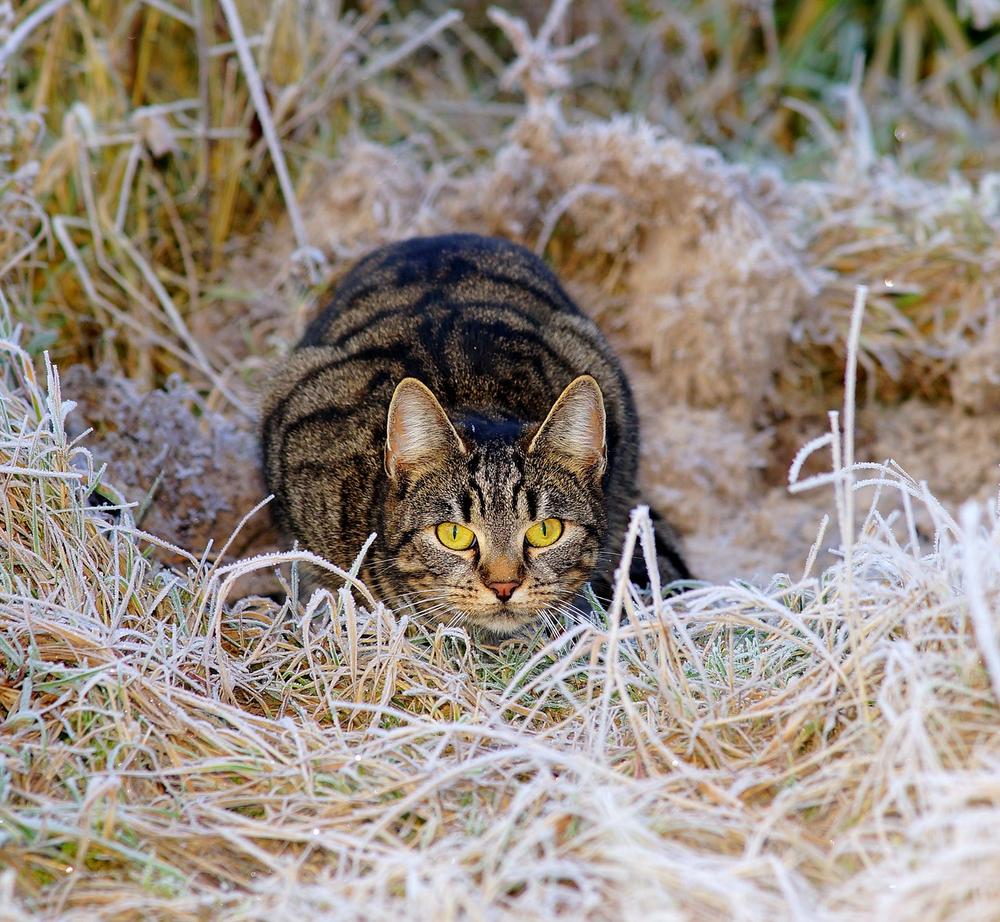
What other factors could potentially contribute to a decrease in your cat's appetite?
Well, it turns out that respiratory infections, behavioral issues, dental problems, and various medical conditions can all play a role.
But there's still more to discover about addressing these concerns...
Common Health Issues That Cause Loss of Appetite in Cats
Loss of appetite in cats can be caused by a variety of factors, including respiratory infections that lead to congestion and difficulty smelling and tasting food.
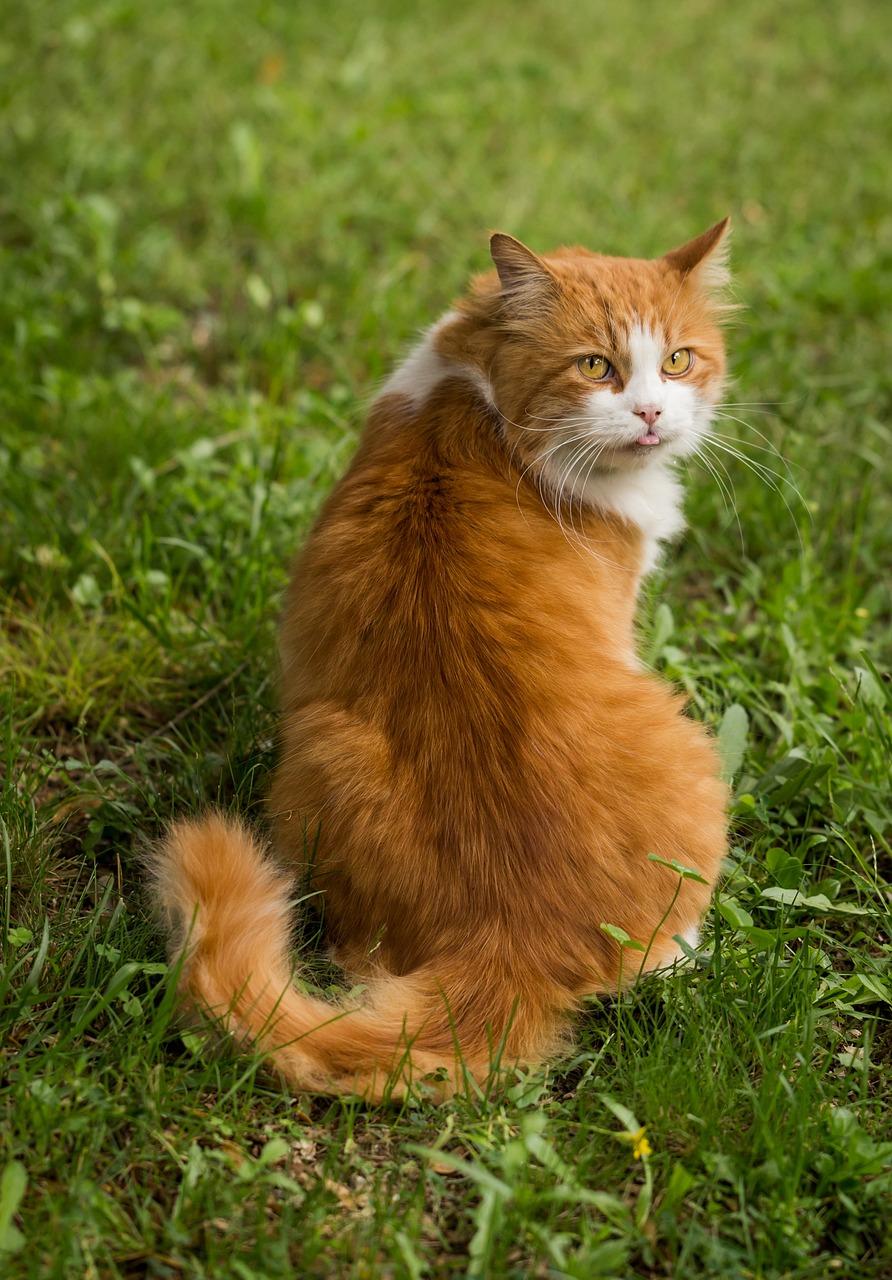
However, there are other health issues that may contribute to a cat's decreased appetite:
- Behavioral issues: Stress, anxiety, and changes in the cat's environment can all affect their appetite. Look out for hiding, aggression, excessive grooming, or changes in litter box behavior.
- Medical conditions: Trauma, oral pain, throat obstructions, food allergies, hepatic lipidosis, kidney disease, arthritis, and certain diseases can all result in a loss of appetite. Identifying the underlying cause may require diagnostic tests and dietary management.
- Dental problems: Dental disease, fractures, lesions, inflammation, and abscesses can make eating painful for cats, leading to a reduced appetite.
- Hot weather: Cats may lose their appetite temporarily during hot weather. ☀
If your cat is experiencing a loss of appetite, you have to understand the underlying cause and consult with a veterinarian for appropriate diagnosis and treatment.
And now, let's explore some strategies that can help improve your cat's appetite and make mealtime more enjoyable for them...
What to Do if Your Cat Refuses to Eat
If your cat won't eat, here are some tips to help you out:
- Cats can be picky eaters, so try different types of food like dry kibble, wet food, or raw meat to see what they like.
- Warm the food up a bit to make it smell better, but don't make it too hot and risk burning their mouth.
- Experiment with flavors like tuna or chicken to find their favorite.
- Make mealtime fun by using puzzle feeders or treat toys. It'll keep them entertained and eager to eat.
- Keep mealtime calm and quiet to avoid distractions that may make them lose interest in their food.
- If the problem persists, consult a veterinarian. There might be an underlying health issue causing their lack of appetite.
Every cat is different. It might take some trial and error to figure out what works best for your furry pal.
And it gets worse...
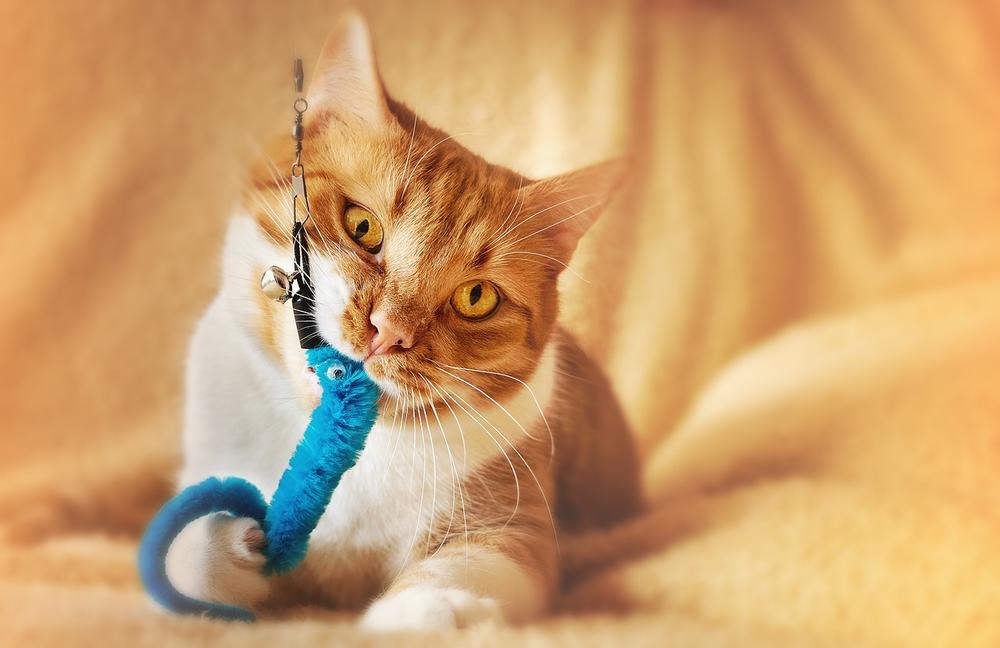
Loss of appetite in cats can indicate a more serious problem that requires immediate attention.
So, what are some of the potential underlying health issues causing your cat's refusal to eat?
Let's explore further...
When to Seek Veterinary Help for a Cat That Won't Eat
Is your cat not eating?
Here's what you should know:
- If your cat starts acting strange, like being aggressive or overly tired, it could mean something's wrong and they need to see a vet right away.
- When a cat loses its appetite, it's often a sign of illness, so you should get veterinary help if their eating habits change.
- Keep a close eye on your cat if they eat very little or nothing at all for 24-48 hours and reach out to a vet if necessary.
- Only try to stimulate your cat's appetite with liquid diets or feeding tubes under the guidance of a qualified vet.
- Remember, cats can survive without food for two weeks, but after three days without water, they can become dehydrated. 🐱
- If your cat hasn't eaten anything for a day or more, it's time to contact a vet.
- Loss of appetite in cats could be a sign of serious conditions like fatty liver disease, which can be deadly if untreated.
- Treating loss of appetite depends on the underlying cause and may involve exams, tests, and imaging.
When in doubt, don't hesitate to reach out to VEG clinics for emergency vet services.
And now, let's explore some tips that I recommend to encourage your cat to eat when they are refusing to do so...
Tips for Encouraging a Cat to Eat
Establish a calm and comfortable eating space for your cat
If you want to encourage your furry friend to eat, you need to create a peaceful environment where they can enjoy their meals without any interruptions. Find a quiet spot away from noisy activities or other pets. Cats are creatures of habit, just like us, so make sure they have a consistent feeding area that allows them to dine in tranquility.
Offer a variety of food choices to keep things interesting
Cats can easily get bored, especially when it comes to their food. If your feline companion is turning up their nose at the usual fare, try offering different types of nourishment to stimulate their appetite.
Wet and canned food can be gentler on their digestion compared to dry kibble.
Bear in mind that some cats may have specific dietary needs, so opt for high-quality cat food that provides all the necessary nutrition to ensure their well-being.
Warm up their food and feed them by hand for a personal touch
Sometimes, the temperature of the food makes a world of difference. Cats tend to prefer something closer to their body heat.
So, try gently warming up their meal and see if it entices them.
Additionally, consider hand-feeding your cat to make their dining experience more interactive and enjoyable.
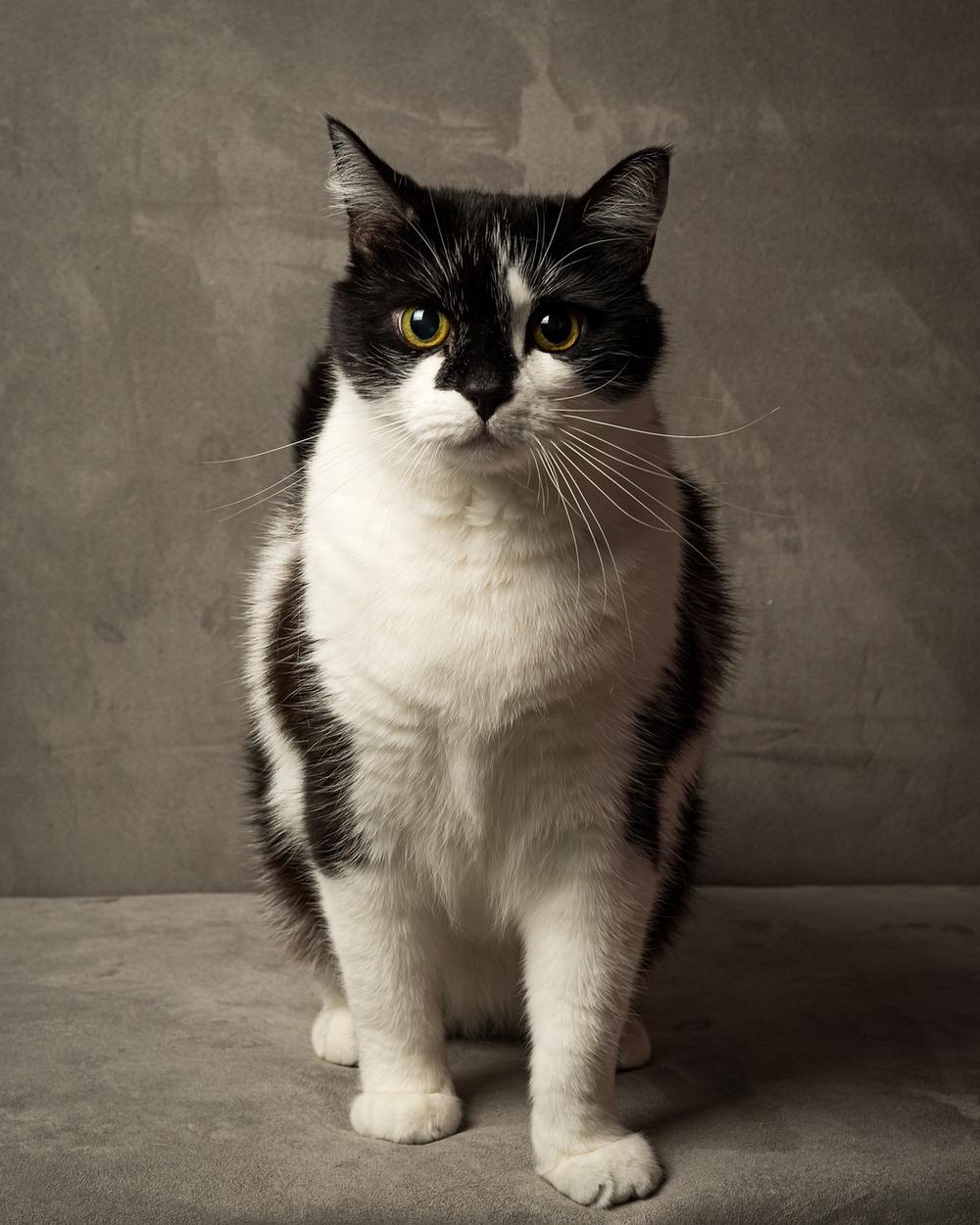
This approach can work wonders, particularly for cats who have lost their appetite due to illness or medication.
In conclusion, if your cat is being choosy with their food, focus on creating a serene eating environment, providing a range of food options, and experimenting with techniques like warming their food and offering it by hand.
Each cat is unique, so don't hesitate to explore different strategies until you find what works best for both of you.
So, if you want to ensure your cat is getting the nourishment they need, I highly recommend checking out my article on whether cats need food and water at night.
This guide provides valuable information on feeding times and habits, allowing you to better understand your feline friend's needs.
Discover the secrets to keeping your cat happy and healthy by clicking here: Do Cats Need Food and Water at Night.
How to Make Mealtime More Appealing for a Picky Cat
Here's how you can make mealtime more appealing for your picky cat:
- Serve their meals at room temperature or warm them up a bit.
- Make sure the food is nice and warm, just like their body temperature.
- Don't bother them during mealtime to avoid stressing them out.
- Give each cat their own bowls for food and water.
- If they prefer it, let them eat in separate rooms.
- Stick to the same flavors, shapes, and textures they like.
- Keep an eye on their food to make sure it's not expired or spoiled.
- Store the cat food properly to keep it fresh.
- Take your cat for regular check-ups with the vet.
- Watch out for any signs that something might be wrong with their health.
Enhance your cat's dining experience and ensure they receive necessary nutrition by implementing these suggestions.
And lest we forget, keeping your cat healthy is crucial for their all in all well-being.
And that wraps up today's article.
Before you leave, can I ask you something? Did my blog post help you out at all? If it did, I would be incredibly grateful if you could share it with your loved ones. Just click on any of the social media sharing icons to instantly spread the word. Thank you so much!
Talk soon,
-Sarah Davis